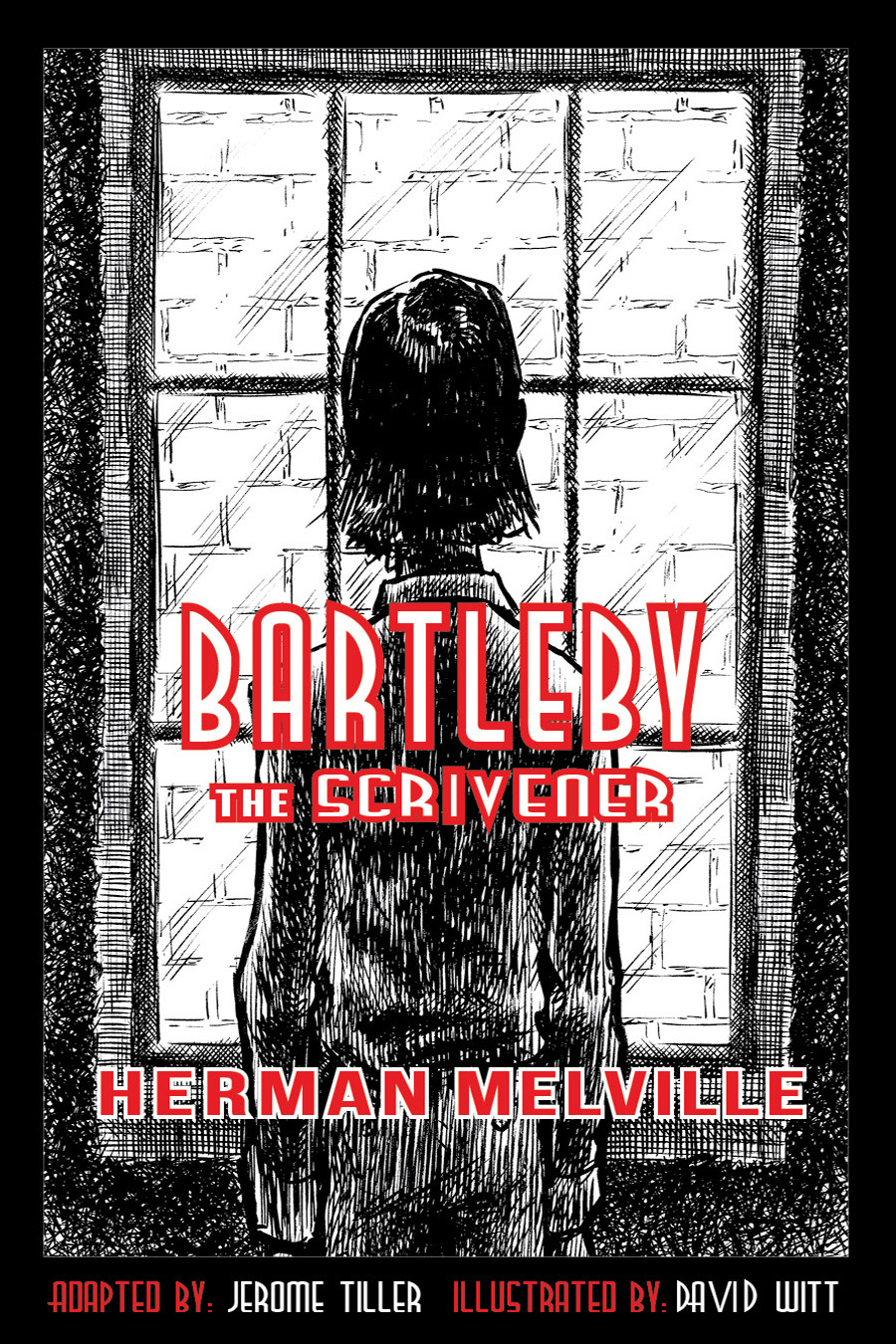Literature for Middle School Students
Whether classic literature belongs in middle school classrooms is an open question. Some teachers probably believe the best way to encourage middle school students to read is to assign them books they want to read, with a few obvious exceptions. If they want to read Captain Underpants, give it to them. If they want to read Harry Potter, give it to them (and by all means, give them all and every one of those fine books you can). But classic literature? Middle-school students don’t want to read stories about mostly adult characters living in the distant past. Why force the issue?
This opinion strongly persuades, at least to a point. Everyone wants middle school students to enjoy reading so that they will read - and the more the better. And if they do read a lot, they will get very good at it. They will master a tool that will always serve them well, even throughout this ubiquitous media age, and one would think in every age forthcoming.
Yet this argument goes too far. It seems to suggest that it doesn’t much matter what middle school students read, moral considerations notwithstanding. Maybe it’s true that giving students raw experience in processing words, sentences, and paragraphs does matter most at the middle-school level. And certainly, the benefits from leisurely pleasure reading far surpass whatever gains might accrue from force-feeding challenging content to uninterested readers. But then adaptedclassics.com, don’t teachers have an obligation to seek out and guide students toward books that can both challenge and entertain? We think so, and we know such books exist. We read some in our youth. And now, by the way, we happen to publish some ourselves. Just sayin’.
Still, to be clear, we don’t suggest that middle school students should read classic literature to the exclusion of all else. Pure escapism, no challenges included, relaxes the minds and bodies of young and old alike, a definite benefit in a stressful world. Captain Underpants is popular for good reason. And reading repetition is a good thing, regardless of content.
But I do have one last thought before relaxing my way through Christmas Eve and Day (I hope). Let's go back to the idea that middle school students can only be entertained by stories that feature characters their own age. I declare not! The TV westerns of my youth belie that notion. So did most of the situation comedies. And so did all the detective shows. And my favorite novel when I was in middle school was the "The Count of Monte Cristo". There were no young characters in that story! Yes, I liked the Hardy Boys too, and I read most of the stories in that series. But don’t avoid assigning a story to middle school readers because said story lacks young characters. The notion that middle school readers can’t enjoy stories peopled with adults is pure myth. I know that, and you know that too. Merry Christmas!
This opinion strongly persuades, at least to a point. Everyone wants middle school students to enjoy reading so that they will read - and the more the better. And if they do read a lot, they will get very good at it. They will master a tool that will always serve them well, even throughout this ubiquitous media age, and one would think in every age forthcoming.
Yet this argument goes too far. It seems to suggest that it doesn’t much matter what middle school students read, moral considerations notwithstanding. Maybe it’s true that giving students raw experience in processing words, sentences, and paragraphs does matter most at the middle-school level. And certainly, the benefits from leisurely pleasure reading far surpass whatever gains might accrue from force-feeding challenging content to uninterested readers. But then adaptedclassics.com, don’t teachers have an obligation to seek out and guide students toward books that can both challenge and entertain? We think so, and we know such books exist. We read some in our youth. And now, by the way, we happen to publish some ourselves. Just sayin’.
Still, to be clear, we don’t suggest that middle school students should read classic literature to the exclusion of all else. Pure escapism, no challenges included, relaxes the minds and bodies of young and old alike, a definite benefit in a stressful world. Captain Underpants is popular for good reason. And reading repetition is a good thing, regardless of content.
But I do have one last thought before relaxing my way through Christmas Eve and Day (I hope). Let's go back to the idea that middle school students can only be entertained by stories that feature characters their own age. I declare not! The TV westerns of my youth belie that notion. So did most of the situation comedies. And so did all the detective shows. And my favorite novel when I was in middle school was the "The Count of Monte Cristo". There were no young characters in that story! Yes, I liked the Hardy Boys too, and I read most of the stories in that series. But don’t avoid assigning a story to middle school readers because said story lacks young characters. The notion that middle school readers can’t enjoy stories peopled with adults is pure myth. I know that, and you know that too. Merry Christmas!


